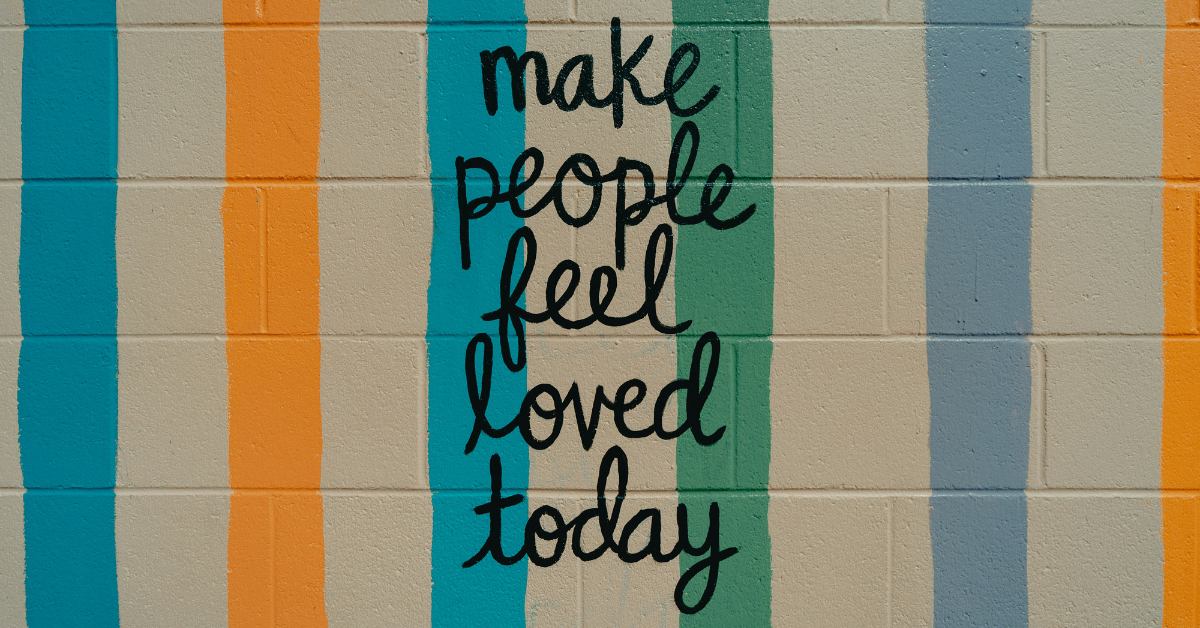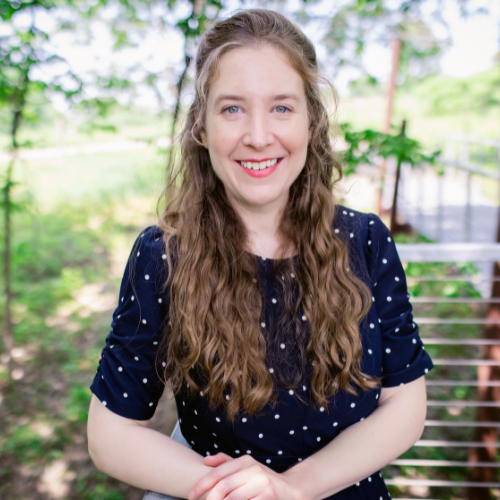A new perspective
It was supposed to be a routine call to my dentist. The start of a new year meant the arrival of a new insurance card. This time, however, my entire policy had changed. As I dialed the office, I was quietly pleased with myself for being so responsible. I’m capable, I thought. I’m making good choices. I had no way of knowing how the conversation would turn just a few minutes later.
The woman who answered the phone was pleasant enough. I explained I was calling to update my record with new dental insurance. She politely asked me to read the member ID and group number to her. I started with the latter; its contents clearly indicated I was on Medical Assistance. Only three letters in, she interrupted me.
“Oh,” she said. Her silence after that brief interjection spoke volumes.
I stopped reading aloud. “Is everything okay?” I asked.
Her tone changed. I could almost feel the frostiness through the phone. “We don’t take that kind of insurance here,” she said coolly.
“That’s okay!” I responded a bit too brightly. Naively. “I could do private pay instead.” I reasoned I hadn’t been out of work that long and I still had some savings to cover the cost. Ongoing symptoms from Lyme disease and my first Covid-19 case—both diagnosed a few months earlier—had sidelined me from regular employment. Once I discovered I could not afford a private insurance policy, I had turned to the state for help.
But the woman quickly pointed out the flaw in my suggestion. “You don’t understand,” she shot back, now terse and unfriendly. “You’re not allowed to private pay when you’re on government insurance.”
Okay. That made sense to me. But things got really interesting with her next comment.
“Besides,” she added casually, “you’re one of those people. People like you don’t pay your bills. You want everything for free. We don’t want people like you at our clinic.” She emphasized the words as though I was suddenly incapable of understanding her. Then she paused for a moment. The tension grew. Her final statement sounded almost triumphant: “I suggest you find another dentist.”
I was speechless. I was also glad she couldn’t see me because my face burned hot with shame. I think I mumbled something like okay, sure and promptly hung up. I felt adrift. Lost. I had been a patient there for over ten years. All it took was one debilitating health setback to transform me into someone unworthy of even basic human kindness.
A harsh reality
I’m sharing this very personal story to illustrate how changes to our circumstances can suddenly alter how others see us. A serious illness, a job loss, or a ruptured relationship might lead others to view us differently at the moment when we most need community. In a culture that encourages people to limit their dependence on others, the consequences of “rugged individualism” can be devastating for those facing hardship. It is terrible to realize that some take the misfortune of others as a license to treat them with contempt.
My episode was eye-opening because it gave me a tiny glimpse into what life is like for the marginalized among us: the unseen, the poor, the elderly, the rejected. These are the people falling through the cracks of our seemingly benevolent society. The key difference, though, is that I have the privilege of safety nets like family and friends to help me. I expect to eventually return to the workforce and enroll once more in an employer-sponsored health plan. But for millions of people, the disparagement I experienced is their day-to-day reality—one they cannot escape.

Sometimes the adversity is hidden. Those living on the margins might look similar to those around them. The person living next door could be one paycheck away from eviction. Being unable to make ends meet is often a more widespread problem than many of us realize.
In the United States alone, the numbers are staggering. For 2022, the U.S. Census Bureau reported that 11.5% of the population was at or below the federal poverty level. That amounts to nearly 38 million people. As the cost of living has ballooned over the past two years, those numbers are probably even higher today. And they don’t begin to address the widespread poverty in countries around the globe, where people are arguably living in even worse conditions than the poor inside the U.S. In many places with abundant wealth, people are struggling to survive even as their neighbors live in comfort.
A holy commandment
Maybe the marginalized seem like someone else’s problem. God says otherwise. The Old and New Testaments are packed with verses admonishing Israel and the Church to pay attention to the world’s needs. Here’s just a small sampling:
- “If there is among you anyone in need, a member of your community in any of your towns within the land that the Lord your God is giving you, do not be hard-hearted or tight-fisted toward your needy neighbor.” (Deuteronomy 15:7)
- “Give justice to the weak and the orphan; maintain the right of the lowly and the destitute.” (Psalm 82:3)
- “If you close your ear to the cry of the poor, you will cry out and not be heard.” (Proverbs 21:13)
- “Give to everyone who asks of you, and if anyone takes away what is yours, do not ask for it back again. Do to others as you would have them do to you.” (Luke 6:30-31)
- “How does God’s love abide in anyone who has the world’s goods and sees a brother or sister in need and yet refuses help?” (1 John 3:17)
Perhaps the most powerful example of attending to those on the margins is found in the story of Jesus with the woman at the well (John 4:1-30,39-42). As a Samaritan woman in a patriarchal culture, she was an outcast in multiple ways. Yet Jesus noticed her—he spoke with her, listened to her, and addressed her deepest longings. He ensured she was seen and heard. In doing so, he affirmed her identity as God’s beloved.
A practice to try
God’s people are called to extend the same gift of seeing, hearing, and affirming to those around us. How we treat people matters. Part of our work as God’s ambassadors in the world is to demonstrate God’s loving mercy and compassion to those who are struggling.
When we encounter people at the margins—people who might be different from us—we may find it hard to relate to them. We can build compassion by focusing on what we have in common through our shared humanity.
Here’s a simple prayer practice to try the next time you’re in a public place, like a coffee shop or a grocery store checkout line.
- Begin with a brief silent prayer. Ask God to help you be fully present right where you are. Pray to have your eyes opened to see the world as God sees it.
- Observe the people around you. Really notice them. Let the Holy Spirit help you choose a particular person or group of people to focus on.
- Be subtle about it—try not to stare! You won’t engage with them directly, but you are invited to encounter them from a distance. If you do happen to make eye contact, you may choose to offer a smile if that seems appropriate.
- Prayerfully imagine what might be going on in that person’s day. Do they seem happy? Sad? Somewhere in between? Talk to God about what you see.
- Prayerfully imagine what brings the person joy and satisfaction, and also what trials and challenges they face. Again, talk to God about your observations.
- Prayerfully consider a few more questions: How does the person reflect the image of God? In what ways might Jesus be present through that person?
- Ask God what the person might need today. Then offer a silent prayer on their behalf. Close by thanking God for the person and for your encounter with them.
Practices like this one can take a little as a few minutes, or even as long as an hour depending upon the environment. The primary focus is prayer, although there may be an additional physical or emotional need you could meet. Paying for an order or extending a greeting are two possibilities that involve limited contact. Allow the Spirit to prompt and guide you.
Next steps
We are to be people of action as well as people of faith (James 2:14-17). We honor God and God’s creation when we notice and respectfully engage with marginalized people.
What might God be inviting you to do today or this week?
Interested in exploring what it looks like to take relational risks for the sake of the Gospel? Check out Faith+Lead Academy’s course, A More Excellent Way with Dr. Joy J. Moore.



